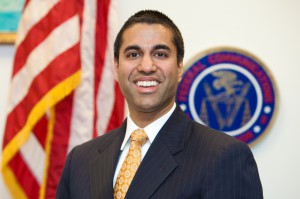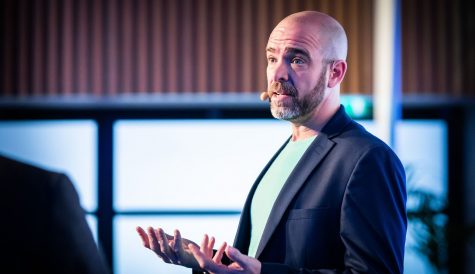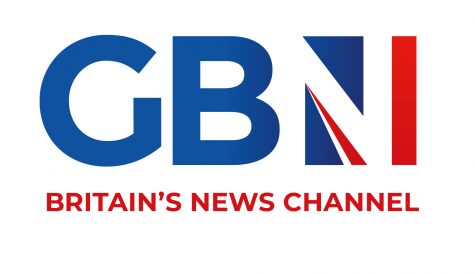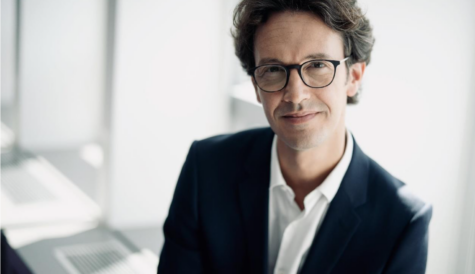
After more than 40 years of operation, DTVE is closing its doors and our website will no longer be updated daily. Thank you for all of your support.
NAB: FCC chief promises bonfire of ‘outdated’ regulations
Outdated rules will be cast down as part of the FCC’s review of current media regulations, according to FCC chairman Ajit Pai.
Speaking at the NAB Show in Las Vegas, Pai said that media regulations – including those relating to broadcast, cable and direct broadcast satellite – need to be revised and out-of-date rules thrown out.
“We need to see which are necessary and which should be repealed,” said Pai, claiming that the FCC’s goals are to make sure regulations are fit for current conditions.
He added that media ownership rules should be “fact based” and take into account the rise of the internet.
Expressing the hope that there will be “a new spirit of cooperation” between the US regulator and broadcasters, he promised leaner regulations in the future.
“You can [be] sure I’ll do my best to get unnecessary regulations out of the way so that broadcasters can do their best to rev their engines,” said Pai, to a rapturous reception from his US broadcaster audience, which gave him a standing ovation.
The FCC’s job is “to make sure regulations keep up with the times”, especially in communications, said Pai. He said he wanted to “cut red tape” and make sure broadcasters are free to serve their audiences.
“Broadcasting and broadcasters will not meet a ‘speed bump’ under my chairmanship,” he said.
One rule that Pai is targeting is the ‘main studio’ requirement that requires local stations’ studios to be based in their coverage zone.
“Technological innovation has rendered local studios unnecessary,” he said, adding that the rule should be eliminated for both TV and radio stations. Pai said that the ‘main studio’ rule prevents studios from becoming more efficient.
He also said that next-generation TV services – ATSC 3.0 – will be a priority for the Federal Communications Commission and that authorisations should be issued by the end of this year.
“The FCC should promote broadcasting innovation and not stand in the way of progress,” he said. “I want to see US to lead the world in broadcasting.”
Pai said he is “optimistic” about the future of broadcasting and noted that the vast majority of viewing is still on linear TV.
“Broadcasting’s strengths and values are truly timeless – localism, strength and diversity,” he said, claiming that people need “trusted sources” of news and information and should turn to broadcast for this.
He added that original content, local content and live content are increasingly seen as key to the strength of OTT TV and that these are also broadcast’s strengths.
Referring to the FCC’s incentive auction, Pai said the “process is far from over”. He said digital transition’s success means that no TV station should be forced to go dark due to forces beyond its control. He said that the FCC has assigned regional coordinators to help local broadcasters through the transition.



